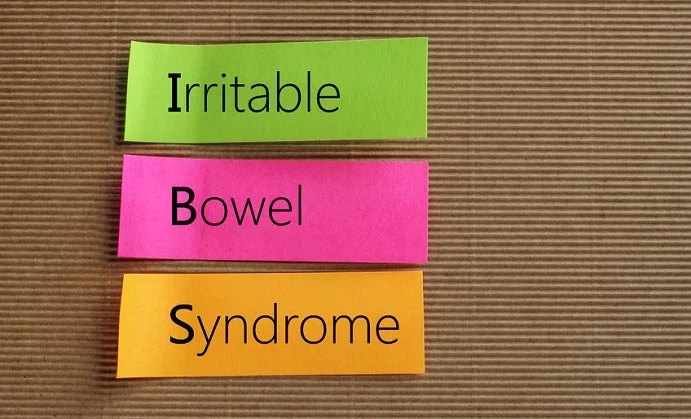Irritable bowel syndrome is a gastrointestinal disorder that can make daily living a nightmare. It can cause significant pain and discomfort as well as some other embarrassing symptoms. The problem with this condition is that there is no definitive test for it (or treatment) and usually people just self-diagnose themselves based on their symptoms. However, IBS shares the same symptoms as some other health conditions, and some of them may be serious. Symptoms include:
- Stomach pain
- Bloating
- Gas
- Diarrhea
- Constipation
- Stools that contain mucus
- Heartburn
If you experience any symptoms associated with IBS, it is important to visit your doctor to make sure you are not missing something. While there may be no test for IBS, a doctor can run other tests to rule out more serious health conditions.
What Else Could It Be?
There are many abdominal problems which people suffer from, some of which can be life-threatening. So you want to make sure to visit your doctor to rule these out before just assuming you have IBS based on your symptoms. What other conditions could your symptoms be indicating?
IBD
While this sounds similar to IBS, it is actually very different. IBD is an autoimmune disease where the cells of the intestine are constantly attacked, causing chronic inflammation. Crohn’s disease and ulcerative colitis are both examples of IBD. Along with the usual symptoms of IBS, you may also experience weight loss, loss of appetite, and rectal bleeding. Complications of IBD can be serious so it is important to get a diagnosis early on.
Celiac Disease
This is also an autoimmune disease that is triggered by consuming gluten. When gluten is eaten, the body’s immune system tries to fight it by damaging the villi found in the small intestine. These villi are important for absorbing nutrients, and so when they are damaged, it can affect the absorption of nutrients into the bloodstream which can have serious consequences such as anemia and joint pain. If left untreated, it can also put you at a higher risk of developing other health conditions.
Diverticulosis
This is when pouches, called diverticula, develop in the wall of the intestine. The exact reason for this is not known, but it may be as a result of excess pressure in the intestine which pushes against spots that are weak in the intestinal wall which is often the result of constipation. Often this condition does not cause any symptoms except for bloating, and sometimes IBS can actually result in this.
Lactose Intolerance
Sometimes what you think to be symptoms of IBS may be an intolerance to lactose and this is the only food that you need to cut out of your diet. Lactose intolerance is when the body can’t digest lactose, which is the sugar found in dairy products. Generally, symptoms only last for a couple of hours after eating dairy products.
Keeping a record of your symptoms and when they are experienced can better help your doctor diagnose you. Don’t try to self-diagnose or make changes to your diet until you have spoken to a doctor about your symptoms.
Do you want to find an effective IBS treatment? Check out our top rated IBS products












